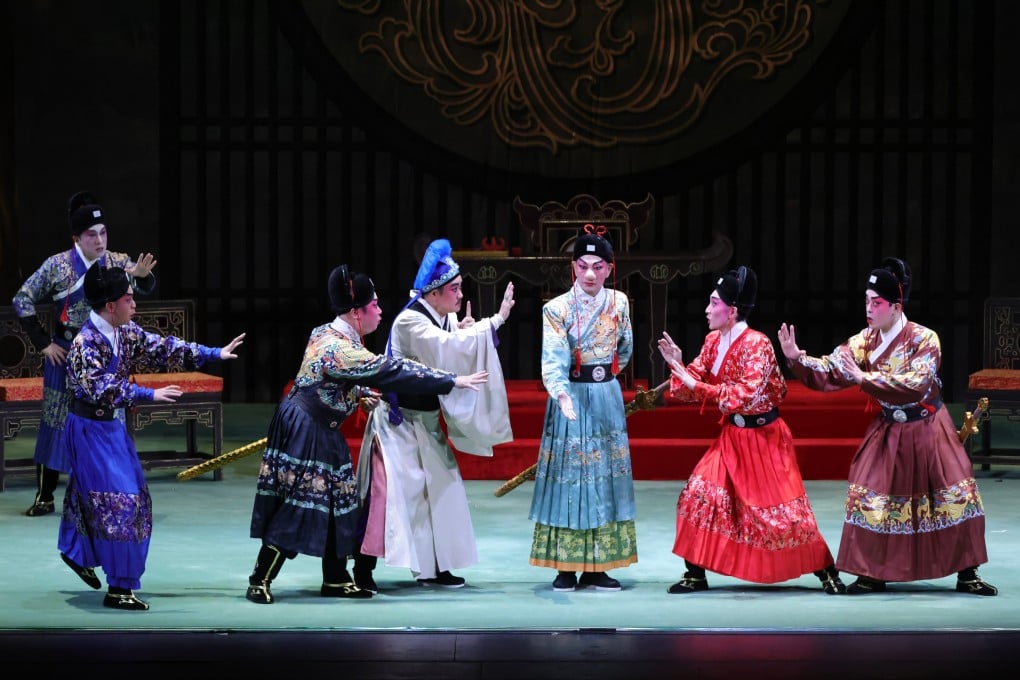Review | Cantonese opera take on Cyrano de Bergerac cleverly blends East and West
- Law Ka-ying’s adaptation of the 1897 play moves the action to Ming dynasty China, and he stars with Sun Kim-long as well as directing

Now folded into the Leisure and Cultural Services Department’s inaugural Chinese Culture Festival, Hong Kong’s long-running Chinese Opera Festival opened last weekend at the Hong Kong Cultural Centre with three performances of Cyrano de Bergerac featuring the intrepid actor and impresario Law Ka-ying.
Having already adapted such source material as Shakespeare and Kurosawa to the Cantonese lyrical stage, Law has a well-defined mission to expand both the repertory and sensibility of Hong Kong’s most local art form.
Even by Law’s standards, though, Edmond Rostand’s 1897 play occasionally proved to be a tight fit.
Stage productions of Rostand’s tragicomic romance these days may be few and far between – the original script requires at least 40 actors – but the story remains surprisingly durable.
Screen incarnations include a 1990 period film with Gérard Depardieu, Erica Schmidt’s 2021 musical Cyrano starring Peter Dinklage and, perhaps most famously, the 1987 romantic comedy Roxanne with Steve Martin.

Many in the audience would already know the set-up: Cyrano, a sensitive and poetic soldier uncomfortable with his outsize nose, is in love with the beautiful Roxane, who only has eyes for Cyrano’s handsome but dim-witted colleague Christian.